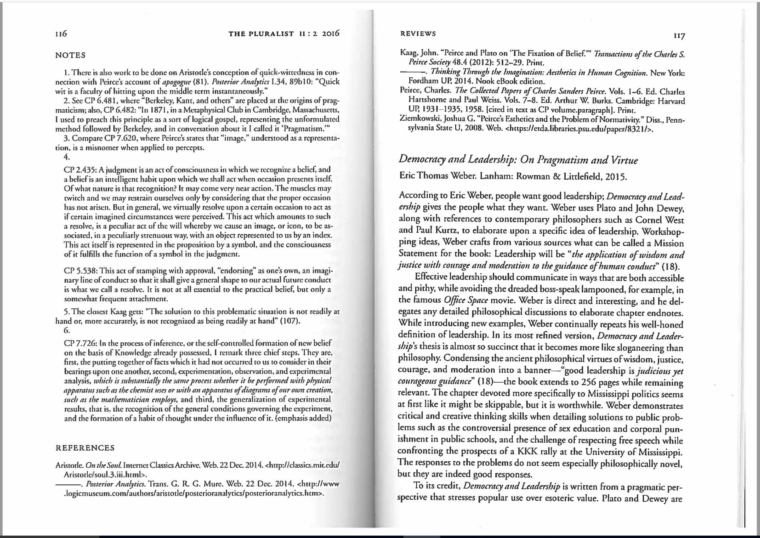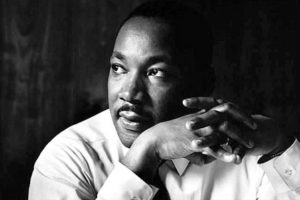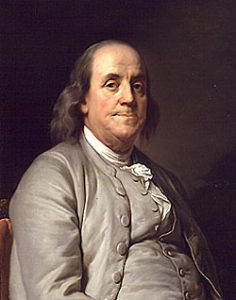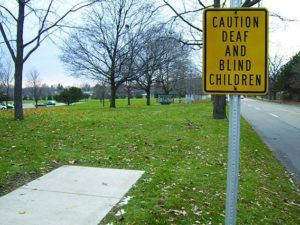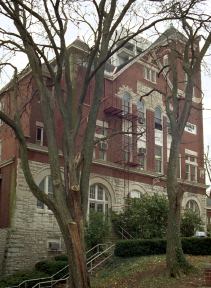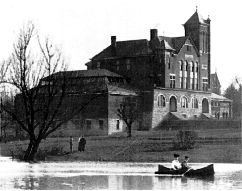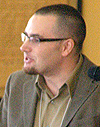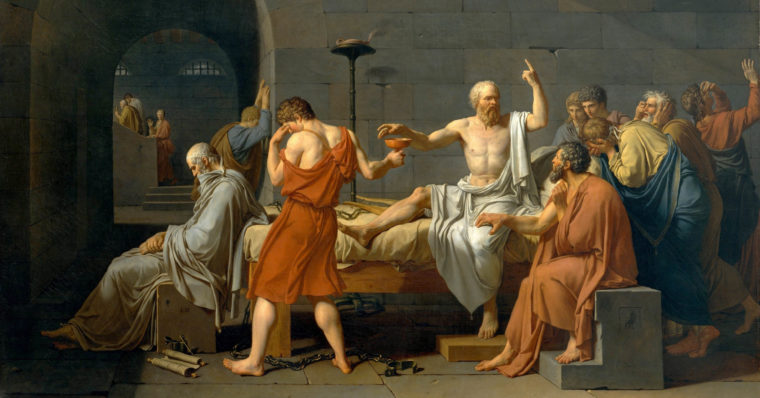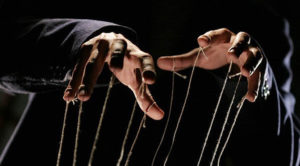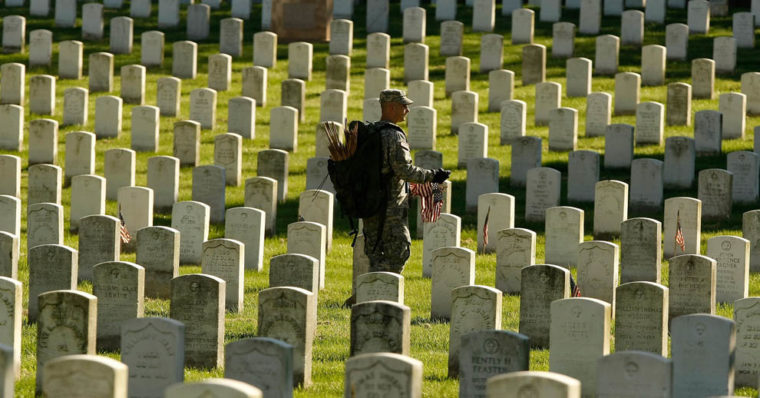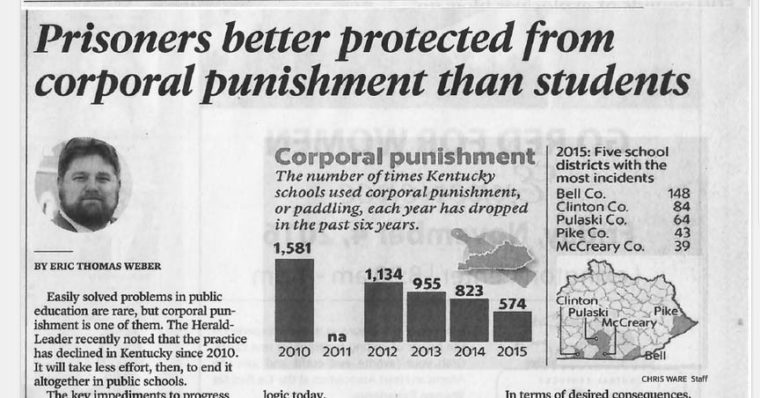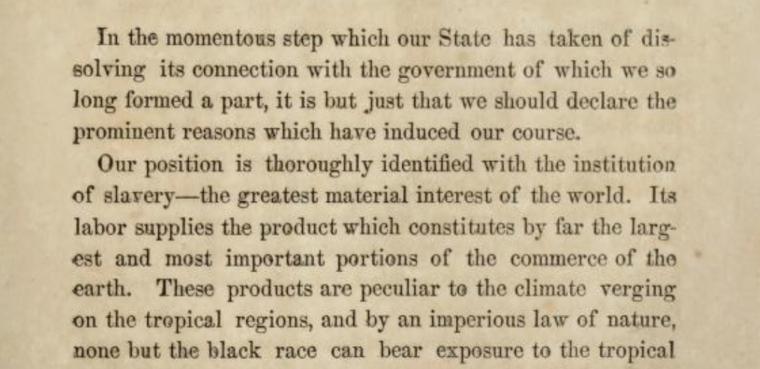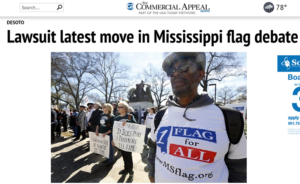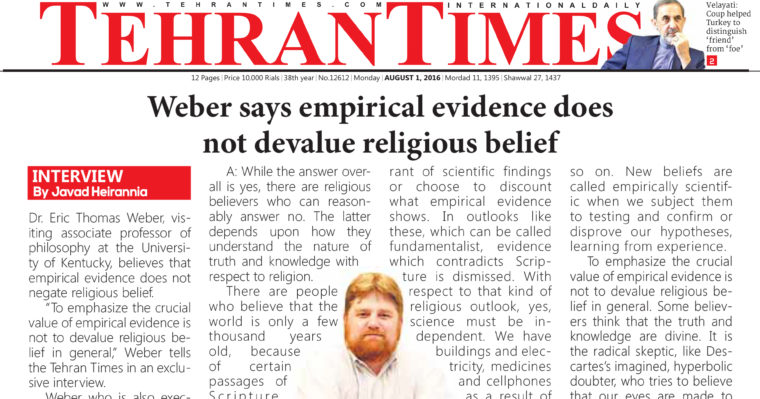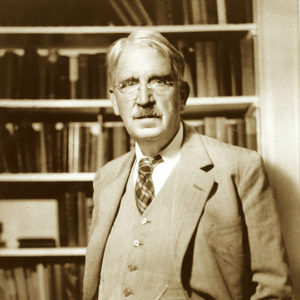We often say that colleges and universities deserve some sort of freedom from political interference. But for Arendt, freedom just is politics. The idea of freedom from politics is largely oxymoronic for her, and involves fundamental misunderstandings of the component terms “freedom” and “politics.” But of course, we seem to know what we mean when we use “freedom from politics” so these misunderstandings are obviously institutionalized in ways that are at odds with Arendt, such that it takes some excavation to determine how this divergence is possible, and whether we can adjudicate the disagreement:
“As long as one understands politics to be solely concerned with what is absolutely necessary for men to live in a community so that they then can be granted, either as individuals or social groups, a freedom that lies beyond both politics and life’s necessities, we are indeed justified in measuring the degree of freedom within any political body by the religious and academic freedom that it tolerates, which is to say, by the size of the nonpolitical space of freedom that it contains and maintains.” Hannah Arendt, “Introduction into Politics.” The Promise of Politics (New York: Schocken Books, 2005), pg. 136.
The disdain with which Arendt articulates the justifications for religious and academic freedom in this passage is remarkable. What seems obvious to us seems equally absurd to Arendt, such that she has to spell out our mistake: “as long as one understands politics to be solely concerned with what is absolutely necessary for men to live in a community….”
(She might as well write, “if you insist on starting from absurd premises, then yes, it’s true, absurd conclusions will follow….”)
She is not just exasperated that we are so devoted to universities and churches that we’ve set them outside of and above politics, but seems to believe that when we see the assumptions required we will reject them. (Loyal readers will recall this post on Christianity and the flight from politics.) For Arendt, politics is not merely about providing the bare necessities of communal life: if anything, communal life serves to provide the conditions of possibility for politics. But our communities are decidedly non-Arendtian: why should we accept that reversal?
Here, a brief Arendtian recap may be in order: she argues that the Platonic (née Parmenidean) ideal of freedom from politics is predicated on the belief that speech carried out before the many becomes corrupted or deceptive, while speech among the few can achieve truths “higher” than political freedom. We now regularly encounter these “higher” or “realer” truths: science, religion, justice, beauty, family, wealth, health, culture, morality, and happiness are all often celebrated as the true purpose of politics, those ends that politics must achieve but for which politics should be forsaken. So obviously Arendt is on to something in her diagnosis. But it’s thus striking that Arendt is nearly alone among political theorists and philosophers in claiming that the true purpose of politics is politics–the coordination of collective action–itself!
For this she is often accused of romanticizing the Greek polis. She goes so far as to say that many people and places have taken the “higher” purposes of politics so seriously that they’ve lost track of politics in the first place:
“Politics as such has existed so rarely and in so few places that, historically speaking, only a few great epochs have known it and turned it into a reality.” (Arendt, Promise of Politics, 119)
But I don’t think this is properly-speaking a romantic view of the Greeks, since the Greeks are to blame for losing track of the meaning and significance of politics (for themselves and for Europe too) when they built the Academy:
“In order for their institution to succeed, the few had to demand that their activity, their speech with one another, be relieved of the activities of the polis in the same way the citizens of Athens were relieved of all the activities that dealt with earning their daily bread.” (Arendt, Promise, 131)
Arendt has often received criticism for her view that politics is only possible for those who are free from necessity because others (slaves, peasants, capitalist workers) labor. She always acknowledge the horror of this dependency and exploitation, but it’s hard to ignore how elitist she sounds in those moments. Here she accuses those seeking academic and religious freedom of a similar kind of elitism: to turn politics into a means-to-an-end of something that cannot equal it.1
Universities are not, then, havens from politics, but in their purest forms they become hierarchical substitutes for politics. This helps to explain the kinds of inconsequential wrangling that often trouble departmental life: having determined that only academic merit can satisfy our fundamental political needs, we then get lost in minutiae in a fight for recognition.
And then there is the not-so-pure form: acknowledging that the university is partially shielded from politics, we retreat to it with a fantasy that Arendt diagnosed as an Archimedean (“Give me a lever and a place to stand, and I will move the earth”) whereby we desire to engage in politics without being engaged by it, to act on the world without being acted upon. The university becomes a place to engage in politics, to affect policy and act as a political agent, but one that is sheltered from the consequences of ordinary political spaces. It becomes a microphone or a platform with which to shout one’s projects without having to listen.
It’s this conception of academic freedom that both inspires and worries me. It inspires me because I’d like to think we can find some shelter from the political currents of the day to think through the problems that confront us and investigate matters that require it, and that when that thinking and investigation is done our fellow citizens should listen to what we’ve figured out. It also inspires me because the company of disagreeing friends is one of the major sources of joy in my professional life. (Recall: 1, 2, 3)
But it worries me, too, because governments fund these havens, and they are growing increasingly disenchanted with our work. And it’s only natural that when political actors recognize a source of influence in their communities–an unmoved mover that is both powerful and claiming shelter from power–they will move to capture the “commanding heights” of that influential position. An Iowa state legislator even proposed partisan balancing tests for new faculty. (And the backlash surrounding his Sizzler certification is ample evidence of the exclusivity and signaling role of college education.)
Now, a standard reply is that the university has earned its role as a place outside of normal politics by welcoming a diversity of viewpoints. We inoculate ourselves from the claims of partisanship by encouraging educated disagreement, and take a voluntary vow of nonpartisanship in exchange for that freedom. But this is no longer sustainable. It’s both at odds with the evidence of partisan affiliations, and at odds with the consensus-building towards expertise we expect from the sciences.
We really don’t and shouldn’t welcome a diversity of viewpoints on race and IQ, for instance, which is both reasonable (internal to the disciplines involved) given the methodological shenanigans required to justify white superiority stories, and reasonable (writ large) given the fact that pseudoscientific racism actively hurts our students and our society.
I am tempted to end on the idea that academic freedom debates are a part of local, nested norms of safety and collegiality and freedom-from-interference, such that there is no generic answer about academic freedom, but rather a set of internal institutional norms that get articulated and adjudicated in practice. But sometimes in all that sophisticated distinction-making and precise line-drawing, I think we miss the fact that universities are parts of society as a whole, inhabited by faculty and staff with multiple conflicting allegiances and communities of interest. We don’t need principles of academic freedom because we are discovering the eternal and unchanging truths of these systems, but rather we need these principles as simple coordination mechanisms. Sometimes we need to be able to say: “This is not what we do, this is not who we are.”
1. It’s worth noting here that most legal defenses of academic freedom either make a professor’s rights subordinate to the public welfare via the claim that unimpaired investigations into the natural sciences produce public goods (i.e. Sweezy v. New Hampshire) or treat academic freedom as a tacit custom that governs university contracts with faculty. (i.e. Greene v. Howard University)↩


